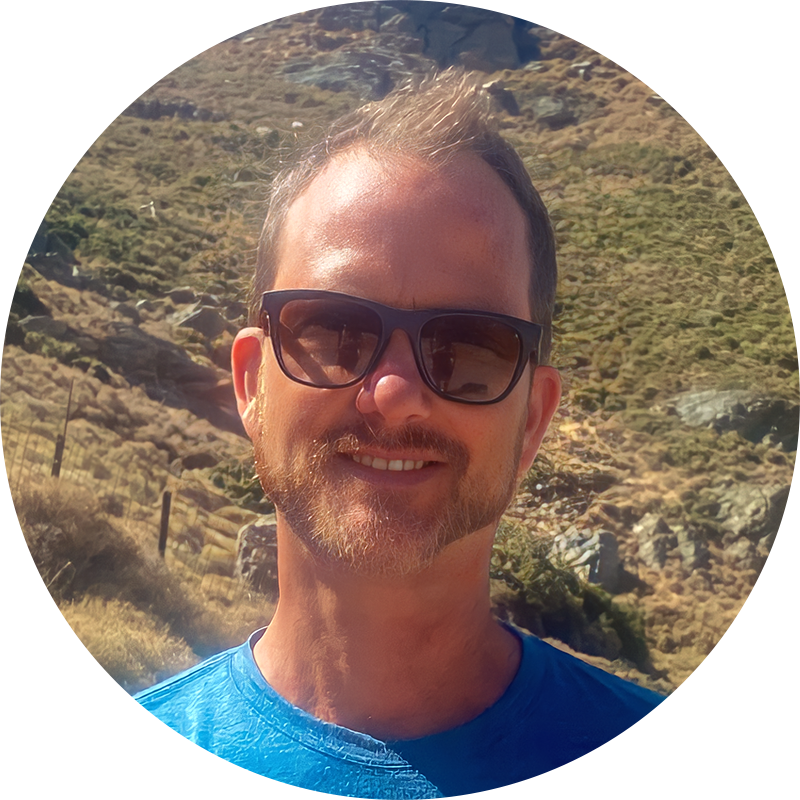Navy veteran Joseph Nolan provides a rich tapestry of expertise to his role as Lead Case Manager for Felton’s Institute’s Flexible Housing Subsidy Program. The Senior Division program provides services that move unhoused individuals into subsidized, permanent housing in the community. Services include clinical assessment, case management, and other ongoing recovery-oriented, harm reduction supportive services to help individuals retain and thrive in their new homes. Mr. Nolan’s military background creates an opportunity to connect with clients who were formerly in armed services. “I don’t generally share anything personal with my clients,” he states. An exception, however, “is when I provide outreach to a veteran. I tell them I was in the service. They appreciate that and it starts a conversation.” He adds thoughtfully, “It’s an instant rapport builder with veterans.”

Encompassing personal, professional, and military experiences in his work with the unhoused and intensive case management, Mr. Nolan says of his time at Felton, “I have never worked harder or grown more professionally.” Decades prior to this role, his time in the Navy proved to be formative years, translating aspects of his training to his present-day profession.
Mr. Nolan’s introduction to the military began at a young age. “I did not have a traditional educational background,” he explains. “I have a touch of neurodiversity and living with ADHD – which is well managed now- my school wasn’t equipped to deal with it.” He was held back in sixth grade and then again in eighth grade, “I was looking at graduating from high school at twenty,” he recounts. In response, friends and family encouraged him to join the military.
Mr. Nolan heeded their advice and enlisted in the Navy at 17 years old. He was deployed to the Persian Gulf during Desert Storm (1990-1991). Working as a yeoman, he explains, “I was responsible for communications within CSG-11 (Carrier Strike Group). I organized the flight schedule for my squadron doing operations in the Persian Gulf during Desert Storm.” He explained this tour of duty provided contrasting experiences, “I took a lot of pictures from the lower decks of dolphins, flying fish, sea snakes, as well as burning oil rigs.” He recalls “we stopped in Abu Dhabi, and I had the pleasure of swimming in the most buoyant water of the Persian Gulf. I remember feeling at odds with being part of such a destructive force and receiving such a soft welcome.”
In the years since his military service, Mr. Nolan has pursued a career working with people living with substance abuse and mental health challenges. He began his tenure at Felton institute five years ago, his military background benefitting many of his clients. What he learned from his time in the Navy is “first and foremost, knowing how to deal with large bureaucracies, knowing how to cut through red tape, how to create relationships to get things done.” He adds, “if you’re hitting a roadblock, especially in case management, you have to be creative.”
On working with vulnerable communities at Felton, Mr. Nolan emphasizes, “I feel very honored to listen to some of the stories I hear from our senior clients and from all our clients.” He continues, “Our seniors have some great stories and can give us insight.” He stresses, “What I would like others to know about people living with homelessness is that it could happen to any one of us.” Mr. Nolan experienced this first-hand when his father became homeless. Unbeknownst to Mr. Nolan, after his father moved to Florida, he began experiencing dementia and ended up losing his home and living in his car. Mr. Nolan and his family were able to get him support and move him into a care facility. Reflecting on the experience he says, “We’re all susceptible to the same fate.”
Having navigated military and civilian life, Mr. Nolan’s patchwork of experiences grounds his insights and appreciation for those who work with communities experiencing homelessness, mental health, and substance abuse issues. Of his military background, Mr. Nolan’s elucidates, “I feel a little uncomfortable sometimes when people thank me for my service because there are a lot of people who do much more difficult work in the ‘helping’ professions that don’t get celebrated.” It’s those on the front lines in the community serving vulnerable populations with programs such as Felton’s Flexible Housing Subsidy Program, who are the backbone of these life-saving services.
For more information about Felton Institute’s Flexible Housing Subsidy Program you can visit our program page or contact Program Director Analuz Tapia, LCSW, at atapia@felton.org or by calling (415) 474-7310 ext. 312.
About Felton Institute: Founded in 1889, Felton Institute responds to human needs by providing cutting edge, evidence-based mental health and social services that transform lives. Felton Institute is a tax-exempt organization registered 501(c)(3) nonprofit under EIN 94-1156530.
Offering more than 50 acclaimed and honored programs that address homelessness, mental health, prenatal, adolescent, adult, and senior needs, Felton Institute provides services in San Francisco, Alameda, San Mateo, Marin, Monterey, Sonoma, and Contra Costa counties. Felton’s social services and programs utilize the latest scientific research, combining cultural sensitivity, deep respect for client and staff, and a commitment to social justice.
Felton is the oldest non-sectarian and nonprofit social services provider in the City and County of San Francisco. For over a century, Felton Institute has been at the forefront of social service innovation, pioneering new approaches to meet underserved populations’ emerging needs. At the heart of our work is the belief that individuals and families in crisis must have access to services and resources to help them build on their inherent strengths and develop self-sufficiency. www.felton.org